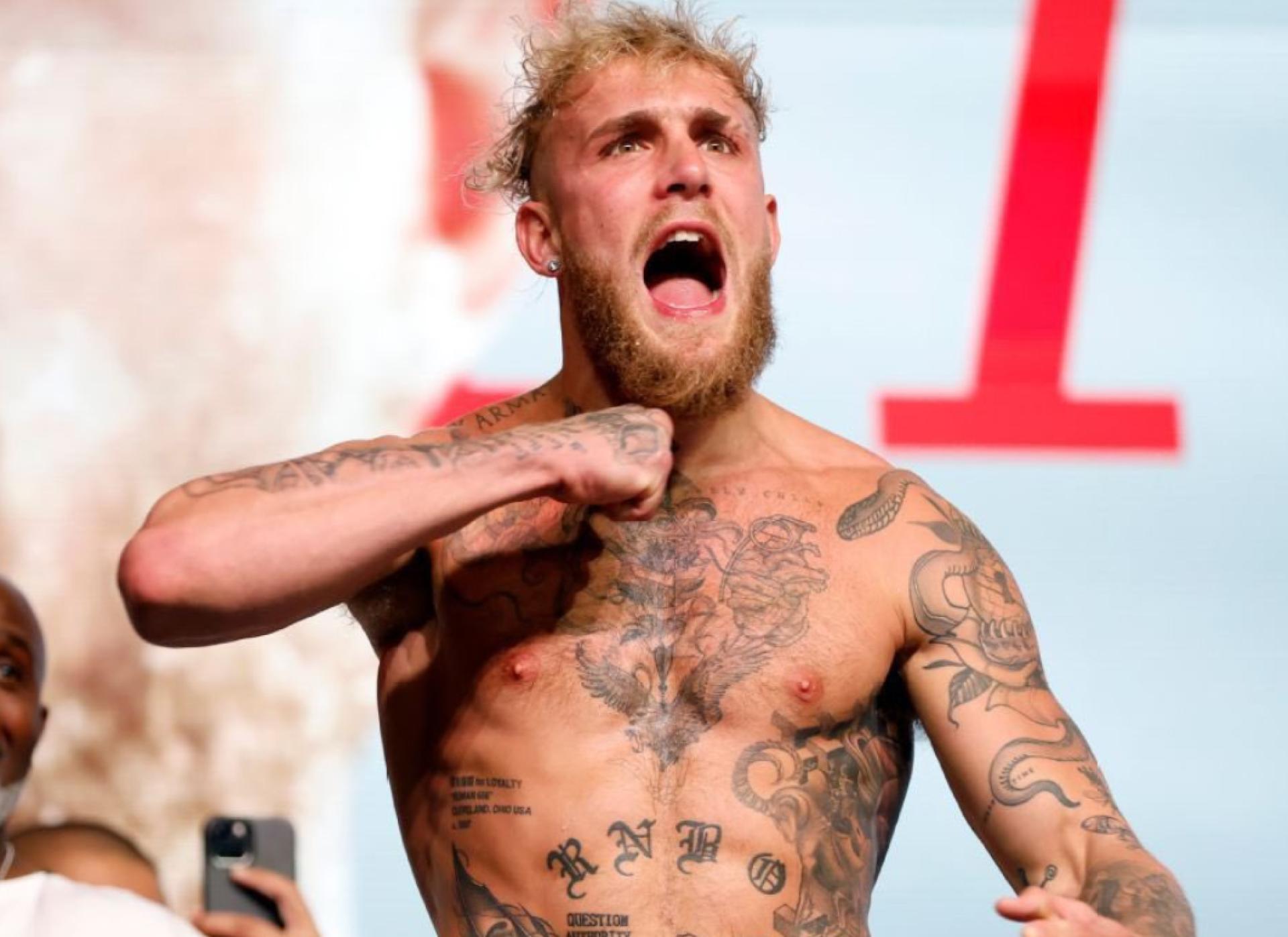United States Cardinal Robert Prevost has been elected the first US pontiff in the 2,000-year history of the Catholic Church and has taken the name Pope Leo XIV.
Pope Leo made his first public appearance to impart a blessing from the roofed area of St Peter’s Basilica. In his first public words, Pope Leo told the faithful “peace be with all of you”. He emphasised the theme of peace throughout the address.
“Evil will not prevail; we are in the hands of God,” he told the crowd and a global audience. “So without fear, united hand in hand with God and among ourselves, we go forward.”
“Thank you, Pope Francis,” he added.
The new church leader called for a “missionary church…that builds bridges, is always open to welcome everyone”.
“He is clearly setting the tone for his papacy,” Al Jazeera Hoda Abdel-Hamid reported from Vatican City.
“He also had a political tone there, calling for peace everywhere, calling for disarmament, calling for building bridges. So we do get an idea in which direction he will be heading,” she said.
“The excitement level is like that of a World Cup final,” she noted earlier.
Pope Leo spent his career ministering in Peru and also lead the Vatican’s powerful office of bishops,
Earlier, white smoke emerged out of the Sistine Chapel chimney, signalling that a new pope had been elected.
Bells rang out Thursday evening from the basilica after cardinals elected the 267th pope to lead the church on the second day of their conclave.
The smoke signal meant the winner secured at least 89 of the votes from the 133 cardinals participating in the conclave to elect a successor to Pope Francis.
A top cardinal uttered the words “Habemus papam!” – Latin for “We have a pope!” – from the loggia or roofed area of the basilica and then read the winner’s birth name in Latin and revealed the name he has chosen to be called.
Priests made the sign of the cross and nuns wept as the crowd shouted “Viva il papa!” (“Long live the pope!”) after the white smoke wafted into the late afternoon sky at 6:07pm (16:07 GMT).
There had been a moment of hesitation in the vast crowd. “Is it white!?” one of the tens of thousands of people in St Peter’s Square asked. “It is!!” another said, shouting with joy.
The crowd erupted in jubilation after waiting for hours to see the colour of the smoke coming out of the Sistine Chapel’s chimney.
Some had bought chairs, books and food for what many believed would have been a long wait.“Habemus papam!” a group of people chanted with emotion.
Significance of the new papal name
The choice of name – Pope Leo XIV – is significant as Pope Leo XIII was the first pope to create the idea of social ethics in the Catholic church, Father James Bretzke, professor of theology at John Carroll University, tells Al Jazeera.
“Leo XIII, who ruled 1878 to 1903, wrote an encyclical which recognised how capitalism worked and the right of labour to organise and work for just living conditions and working conditions, which was really foundational in the church”, he said.
“Up until that time, the church’s hierarchy tended to be identified with the upper class, and so Leo XIII put a redirection on the church, and certainly many of the popes since that time have built on that,” he added.
“I think we can see a deepening of the church’s commitment to workers and the marginalised,” he said.
‘Humble person like Francis’
Reporting from Santiago, Chile, Al Jazeera’s Lucia Newman, delves into Pope Leo’s many years in Latin America.
“He has not just spent time in Peru. He is 69 years old, and he spent most of the last 40 years in the country. He is a binational, so you could say that he has spent more time in Latin America than in the United States, the country of his birth.”
“He was named a cardinal in 2023; before that, he had been named the archbishop of Chiclayo. That is a very poor part of Peru with high unemployment and terrible infrastructure” she continued.
“It really does represent all that’s wrong with many parts of Latin America and Peru, particularly countries with great natural wealth, with lots of minerals, but very bad distribution of wealth.”
“This was something that the former Pope Francis believed very strongly had to be addressed, and so does the new pope. These are things that they agreed on. He was very close to ordinary people. He was known to have breakfast every day with just normal ordinary priests, a humble person like Francis, and someone very in tune with the needs of the poor”, Newman added.
Source
:
Al Jazeera and news agencies

 8 months ago
150
8 months ago
150









 English (US) ·
English (US) ·